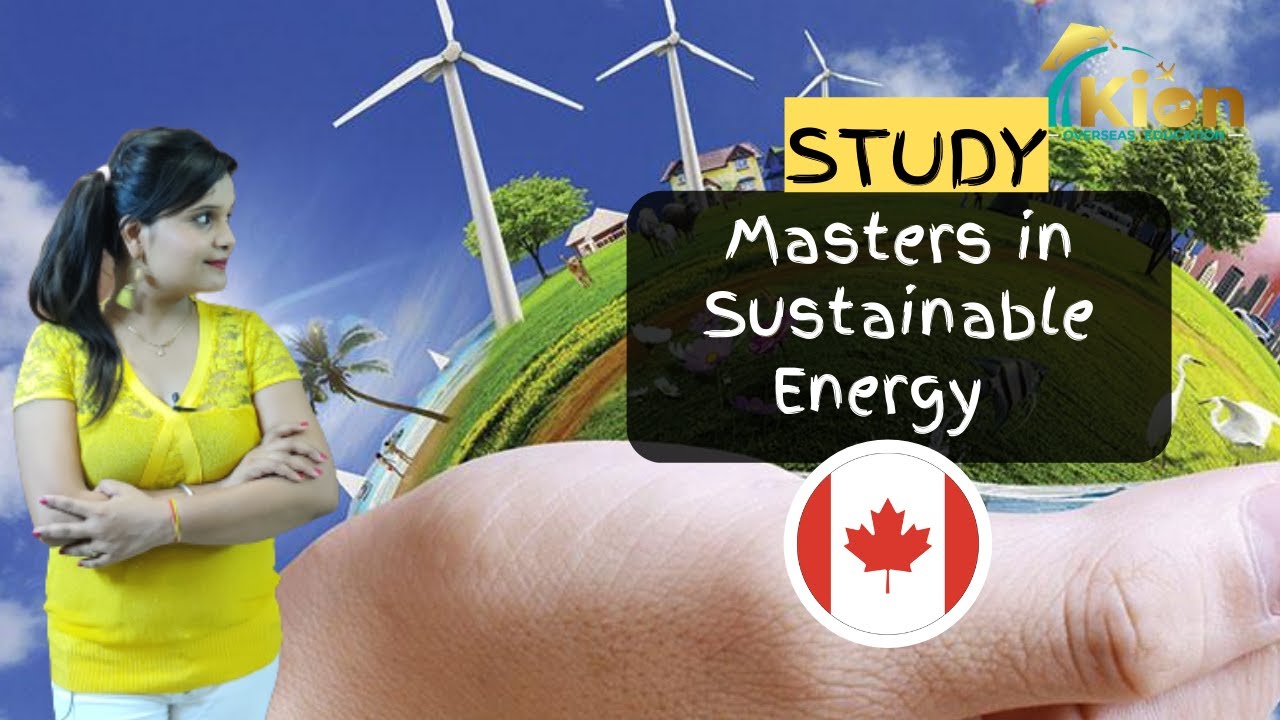
Introduction
Considering pursuing a master’s degree is a significant decision that can have a profound impact on your career and personal growth. This guide aims to provide you with comprehensive information on how to pursue a Master’s Degree in the field of Sustainable Energy.
Why Pursue a Master’s Degree in Sustainable Energy?
As the world shifts towards sustainable practices, the demand for professionals with expertise in sustainable energy is on the rise. By pursuing a Master’s Degree in Sustainable Energy, you equip yourself with the knowledge and skills needed to make a positive impact on the environment and society.
Choosing the Right Program
When embarking on the journey of pursuing a Master’s Degree, it is essential to choose the right program that aligns with your interests and career goals. Research different universities and their offerings in Sustainable Energy to find a program that suits your needs.
Factors to Consider
- Curriculum: Look for a program that covers a wide range of topics related to sustainable energy, including renewable energy sources, energy policy, and sustainable development.
- Faculty: Ensure that the faculty members are experts in the field and have practical experience in sustainable energy.
- Research Opportunities: Consider programs that offer research opportunities in sustainable energy projects.
- Networking: Look for programs that provide networking opportunities with industry professionals and alumni.
Application Process
The application process for a Master’s Degree program can vary depending on the university and the country. It is crucial to familiarize yourself with the requirements and deadlines for each program you are interested in.
General Requirements
- Undergraduate Degree: Most programs require a bachelor’s degree in a related field.
- Letters of Recommendation: Prepare strong letters of recommendation from professors or professionals who can attest to your academic abilities and potential.
- Statement of Purpose: Write a compelling statement of purpose outlining your motivation for pursuing a Master’s Degree in Sustainable Energy.
- Standardized Tests: Some programs may require GRE or other standardized test scores.
Financial Aid and Scholarships
Financing your Master’s Degree in Sustainable Energy can be a significant concern for many students. Fortunately, there are various financial aid options and scholarships available to help ease the financial burden.
Types of Financial Aid
- Grants: Grants are typically need-based and do not need to be repaid.
- Loans: Student loans are available to help cover tuition costs, but they must be repaid with interest.
- Scholarships: Scholarships are awarded based on merit or specific criteria and do not require repayment.
- Assistantships: Teaching or research assistantships provide students with a stipend in exchange for work.
Networking and Internship Opportunities
Building a strong network in the field of sustainable energy is essential for your career growth. Attend industry conferences, seminars, and workshops to connect with professionals and explore internship opportunities.
Benefits of Networking
- Job Opportunities: Networking can lead to job opportunities in the sustainable energy sector.
- Knowledge Sharing: Interacting with professionals can help you gain insights into the industry trends and best practices.
- Mentorship: Building relationships with experienced professionals can provide valuable mentorship and guidance.
Conclusion
Pursuing a Master’s Degree in Sustainable Energy is a rewarding journey that can open doors to exciting career opportunities and contribute to a sustainable future. By following the steps outlined in this guide, you can embark on this journey with confidence and determination.

